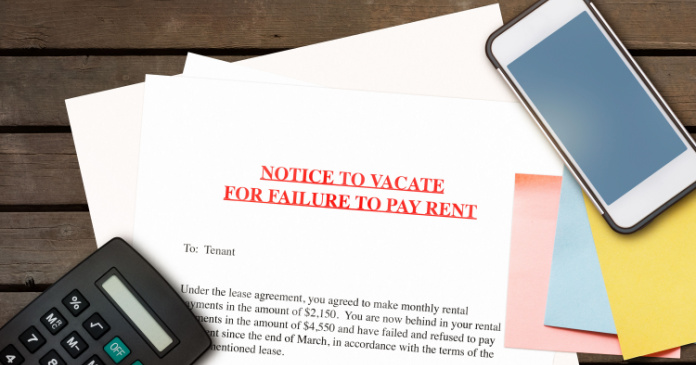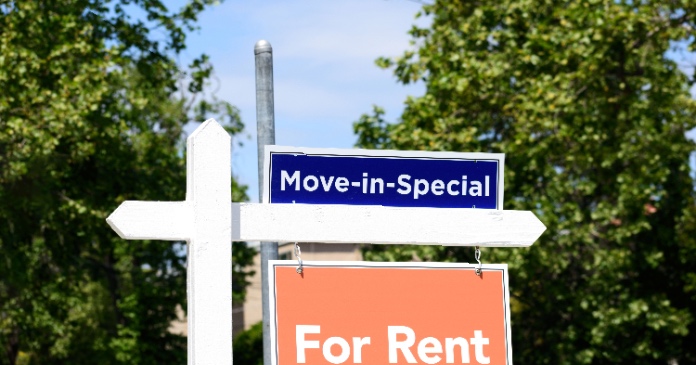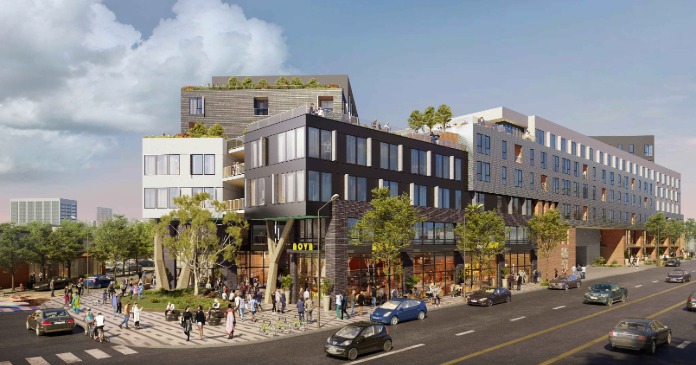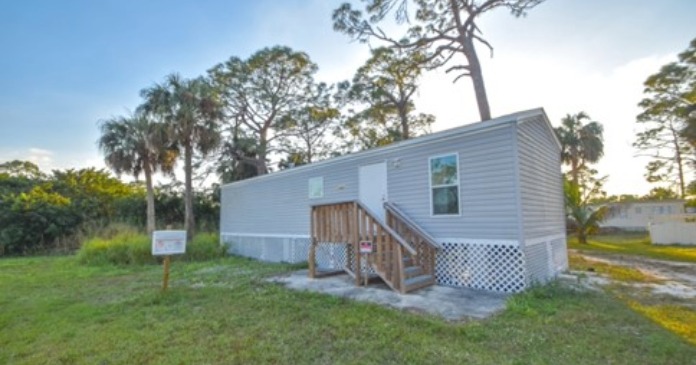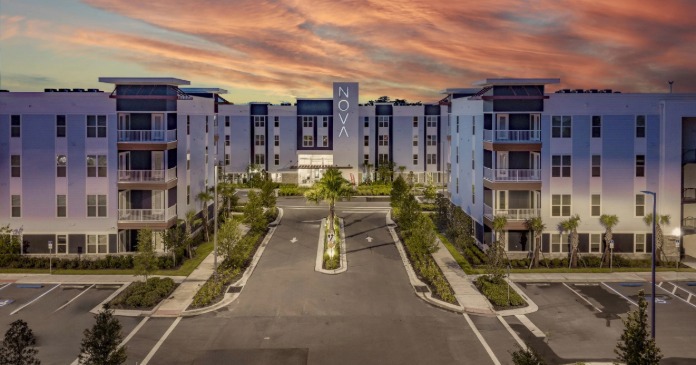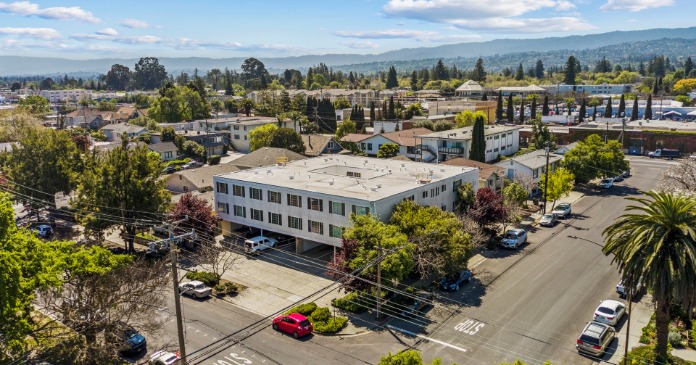The Department of Housing and Urban Development (HUD) is proposing a rule that would require public housing agencies (PHAs) and properties receiving project-based rental assistance (PBRA) to give tenants 30-day written notice prior to filing a judicial eviction procedure for non-payment of rent.
The proposed rule imposes notification requirements similar to those that were in place starting in October 2021 in response to the presidentially declared national emergency for COVID.
The notification provided to the tenant would have to include instructions on how the tenant could resolve his rent arrearages. The instructions would include “the alleged amount of rent owed by the tenant, any other arrearages allowed by the HUD program, and the date by which the tenant must pay the rent and arrearages to avoid the filing of an eviction action in State court against the tenant’s household. The proposed rule would also require that the 30-day notice include information on how tenants can recertify their income and how tenants can request a minimum rent hardship exemption if applicable.”
Landlords subject to the new rule would have to serve this notice to tenants with rent arrearages and wait 30 days before filing for a judicial eviction.
In addition, leases would have to be modified to reflect the change in eviction notification requirements. HUD plans to create a model lease with appropriate language. Landlords will have 18 months to implement new language in their leases.
HUD recognizes that the longer notification period may increase rent losses for landlords. However, HUD notes that landlords were able to deal with a similar rule during the COVID emergency. HUD also posits that: “It is generally more cost-efficient for housing providers to assist tenants in curing their non-payment of rent, for example by first providing notice as would be required by this rule, as opposed to evicting tenants for non-payment of rent.” This implies that property managers are not handling tenants who are behind on their rent in the most cost-effective manner and that HUD knows a more efficient way to deal with them.
More information on the proposed rule is available here. Comments on the proposed rule are due by January 30, 2024. Comments may be submitted here.


